Hospital emergency rooms are more than just places for runny noses or sore throats. They often witness gunshot wounds, bleeding injuries, and desperate screams. Sometimes, they even become scenes of death. In such cases, Dr. Louis M. Profeta, an emergency physician with decades of experience, follows a unique ritual to break the news to a patient's family—he scrolls through their Facebook profile. In a poignant letter from 2018, Dr. Profeta shared why he does this. The letter, posted on LinkedIn, moved thousands to tears.

Per his website, Dr. Profeta is a nationally recognized, award-winning writer and Emergency Physician at St. Vincent Hospital of Indianapolis. For him, an emergency room is “not just tragic,” but also “magical.” In a popular TED talk, he described it as depicting a “comical mosaic of human emotion.” In his popular post titled "I'll Look at Your Facebook Profile Before I Tell Your Mother You're Dead," he described why he checks his deceased patients’ Facebook before breaking the sad news to their loved ones. “It kind of keeps me human,” he wrote in the opening line.
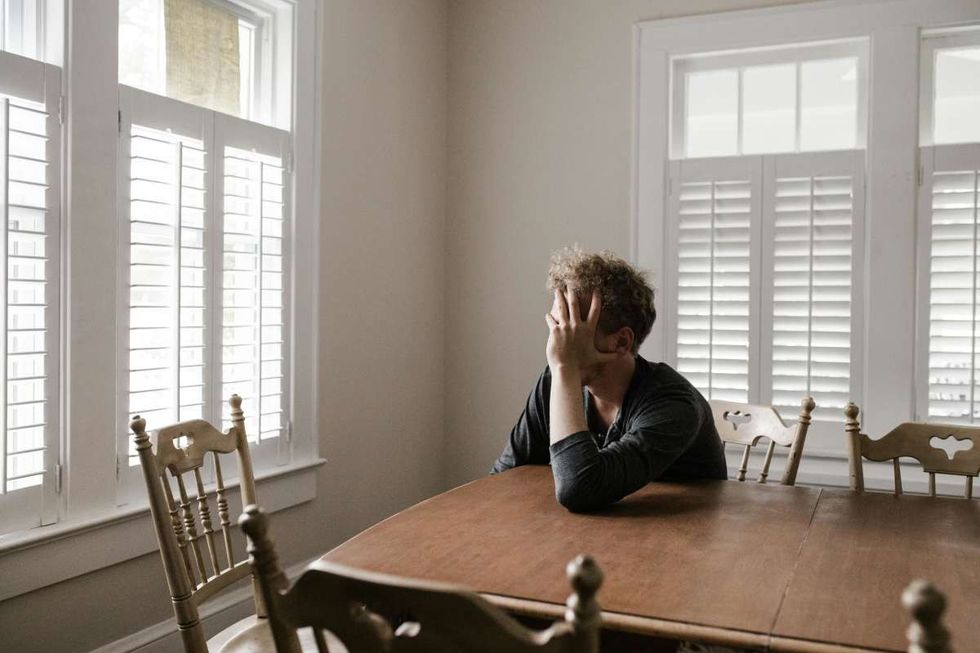
Continuing, he wrote, “You see, I’m about to change their lives — your mom and dad, that is. In about five minutes, they will never be the same, they will never be happy again.” Addressing his hypothetical dead patient, he wrote, “Right now, to be honest, you’re just a nameless dead body that feels like a wet bag of newspapers that we have been pounding on, sticking IV lines and tubes and needles in, trying desperately to save you. There’s no motion, no life, nothing to tell me you once had dreams or aspirations. I owe it to them to learn just a bit about you before I go in.”
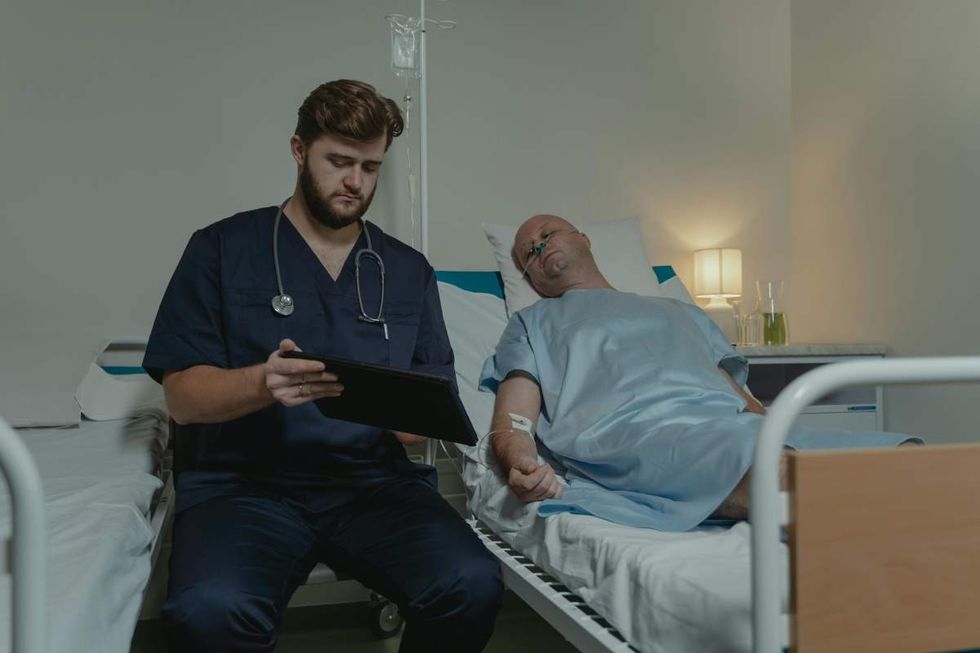
He expressed remorse, admitting he felt a bit angry at patients who didn’t care for themselves. “Because right now, all I am is mad at you, for what you did to yourself and what you are about to do to them. I know nothing about you. I owe it to your mom to peek inside of your once-living world.”
He listed things the patient might have done to avoid death, “Maybe you were texting instead of watching the road, or you were drunk when you should have Ubered. Perhaps you snorted heroin or Xanax for the first time or a line of coke, tried meth or popped a Vicodin at the campus party and did a couple of shots. Maybe you just rode your bike without a helmet or didn’t heed your parents’ warning when they asked you not to hang out with that ‘friend,’ or to be more cautious when coming to a four-way stop. Maybe you just gave up.” Continuing the letter, he sighed, “Maybe it was just your time, but chances are, it wasn’t.”
The doctor described his experience of witnessing death. “So, I pick up your faded picture of your driver’s license and click on my iPhone, flip to Facebook and search your name. Chances are we’ll have one mutual friend somewhere. I know a lot of people,” he said. In the next paragraph, he added, “I see you wearing the same necklace and earrings that now sit in a specimen cup on the counter, the same ball cap or jacket that has been split open with trauma scissors and pulled under the backboard, the lining stained with blood. Looks like you were wearing it to the U2 concert. I heard it was great.”
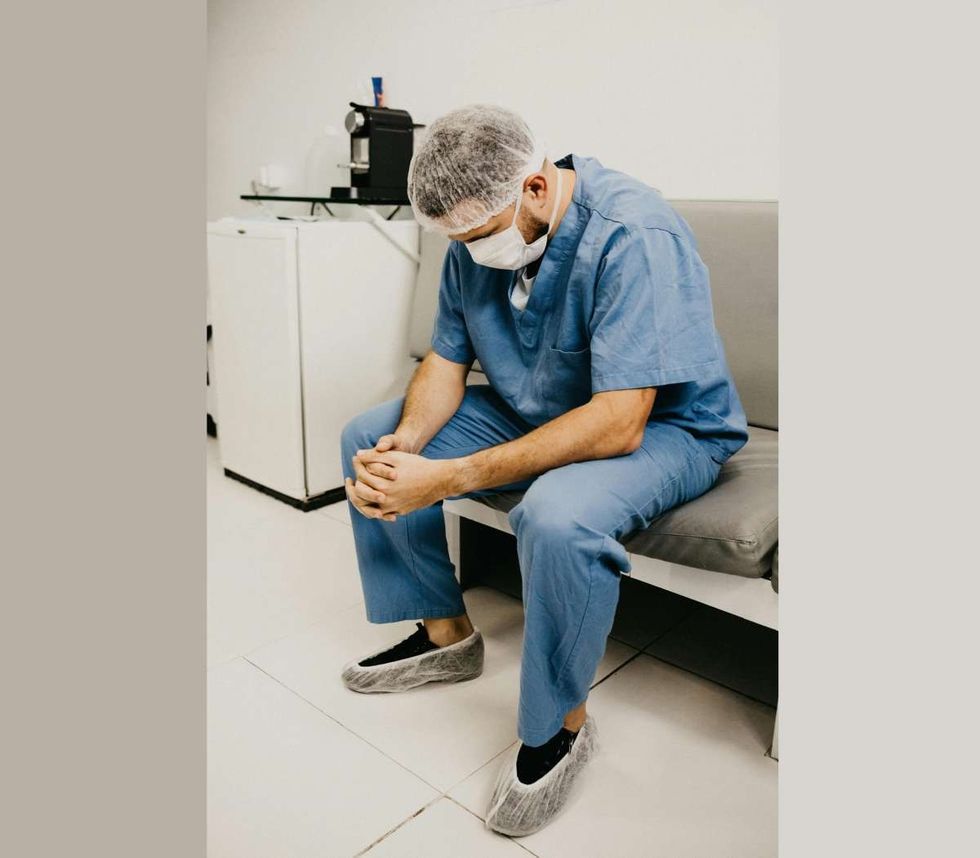
He continued, “I see your smile, how it should be, the color of eyes when they are filled with life, your time on the beach, blowing out candles, Christmas at Grandma’s; oh you have a Maltese, too. I see that. I see you standing with your mom and dad in front of the sign to your college. Good, I’ll know exactly who they are when I walk into the room. It makes it that much easier for me, one less question I need to ask.”
Again addressing his dead patient, he said, “You’re kind of lucky that you don’t have to see it. Dad screaming your name over and over, mom pulling her hair out, curled up on the floor with her hand over her head as if she’s trying to protect herself from unseen blows.”
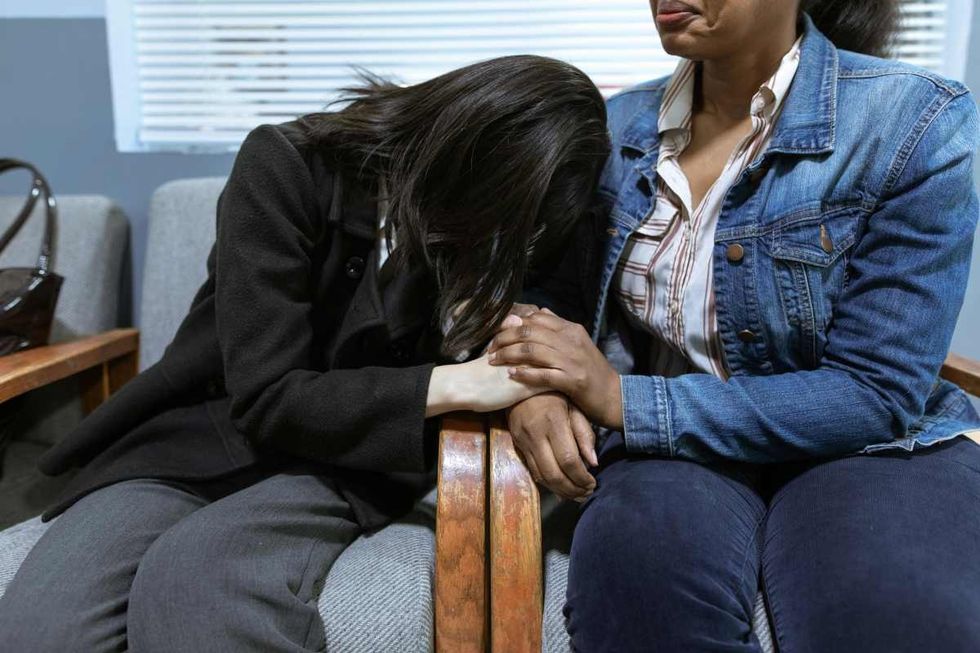
“I check your Facebook page before I tell them you’re dead because it reminds me that I am talking about a person, someone they love,” he wrote in the heart-wrenching letter, and concluded by saying, “It quiets the voice in my head that is screaming at you right now shouting: ‘You mother f****r, how could you do this to them, to people you are supposed to love!’”
The letter reached thousands of people and made them cry ugly. “I bawled like a baby. This letter made me cry so hard,” commented Lexi Hale. Elizabeth Hawkins wrote, “As the mother of a son in his mid-20s, this got me in the gut; knocked the wind out of me... before I cried.”

















 Good Neighbor record.Photo credit: Good Neighbor
Good Neighbor record.Photo credit: Good Neighbor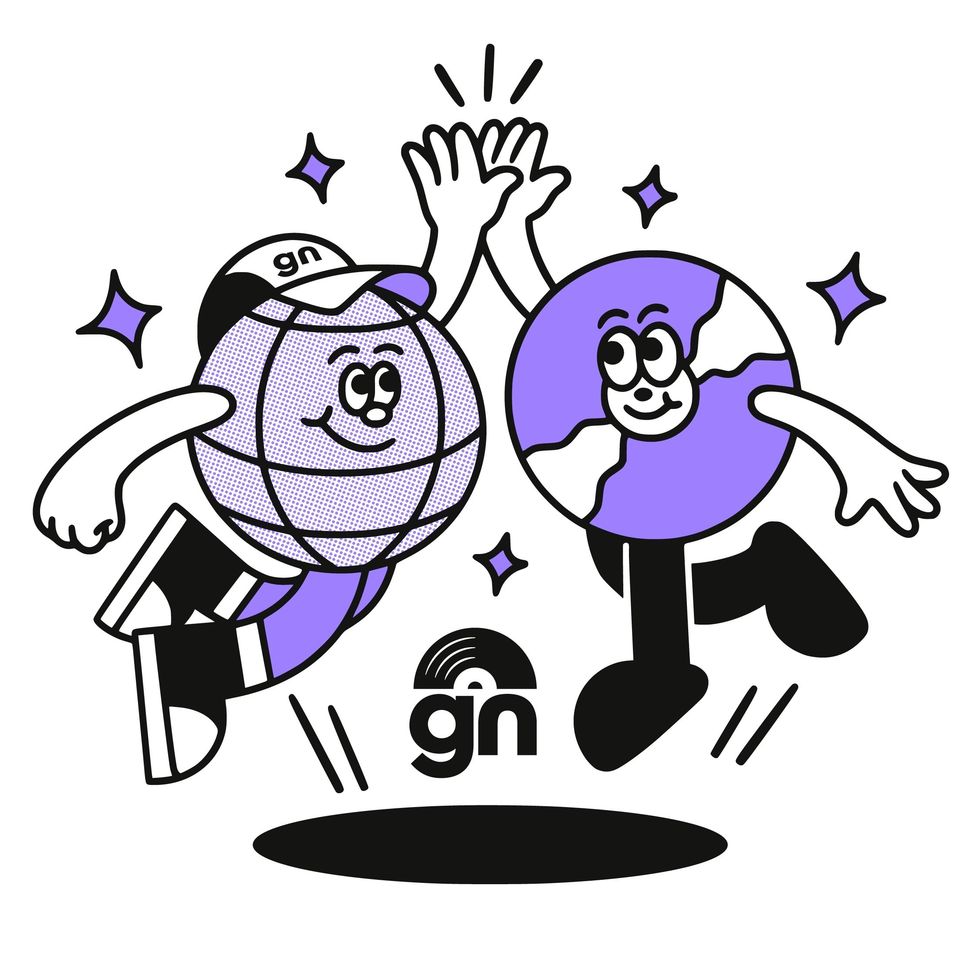 Photo credit: Good Neighbor
Photo credit: Good Neighbor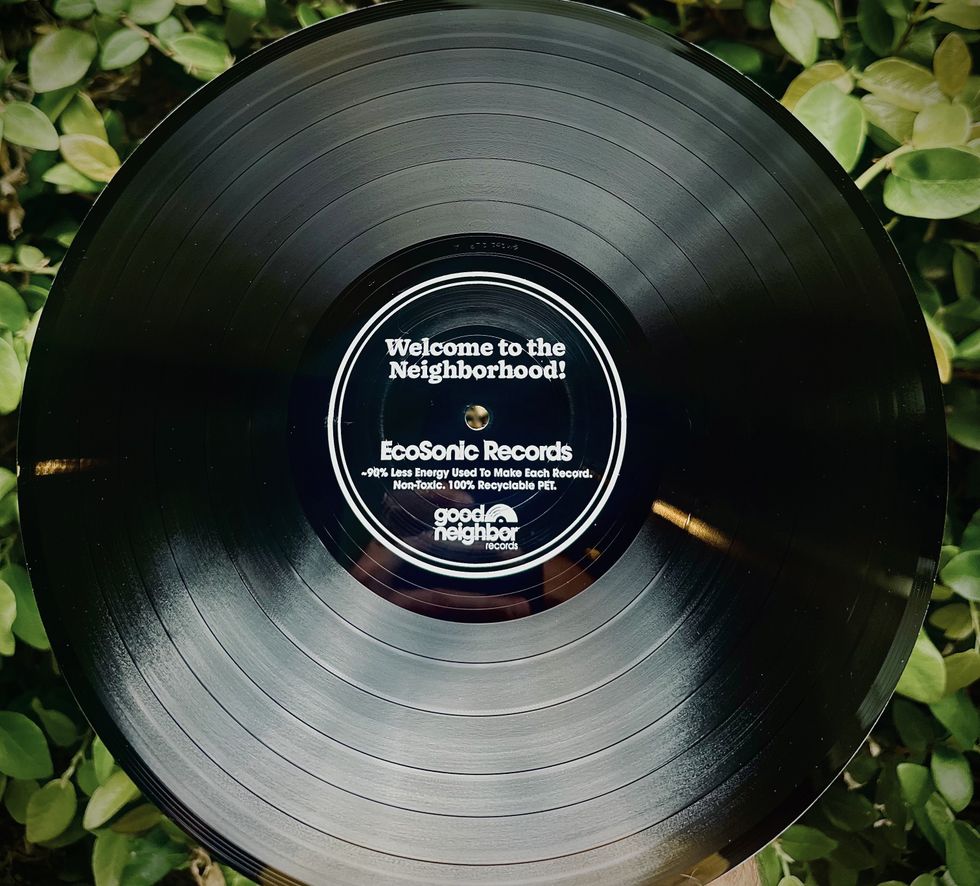 Good Neighbor Records are green.Photo credit: Good Neighbor
Good Neighbor Records are green.Photo credit: Good Neighbor
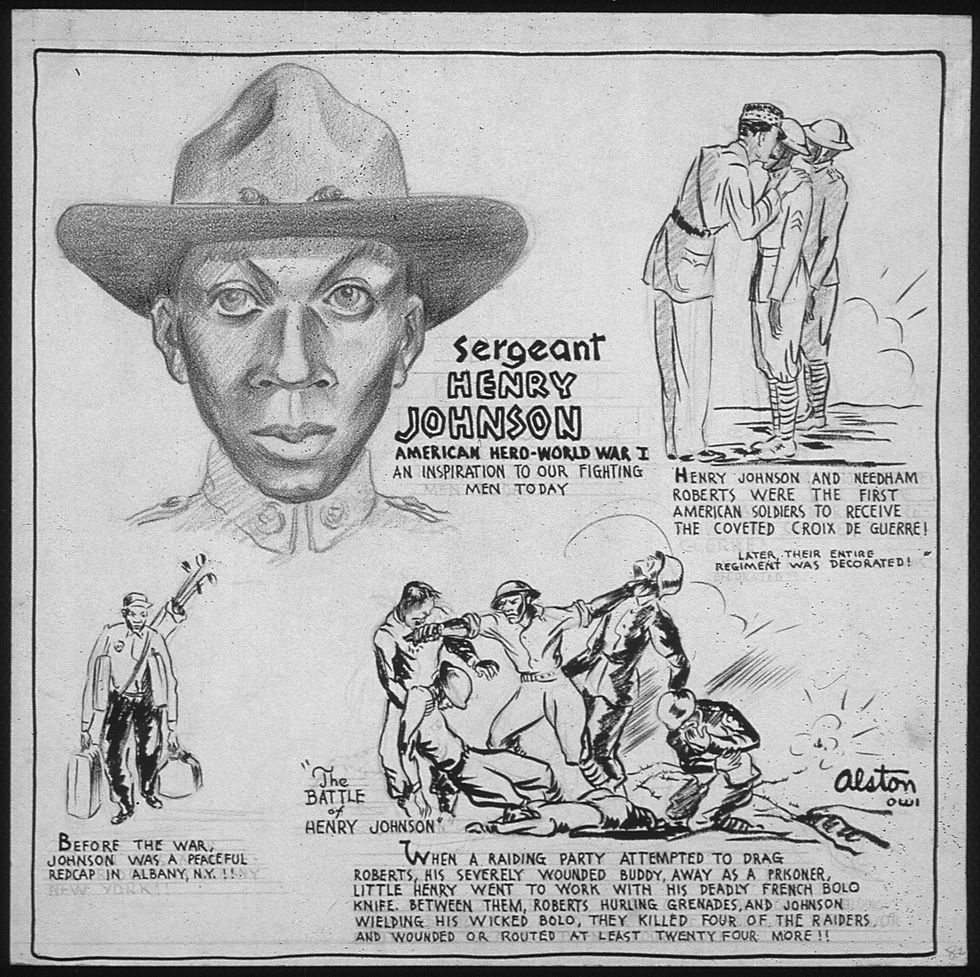 The military used Henry Johnson for recruitment efforts.Photo credit: Wikimedia Commons
The military used Henry Johnson for recruitment efforts.Photo credit: Wikimedia Commons




